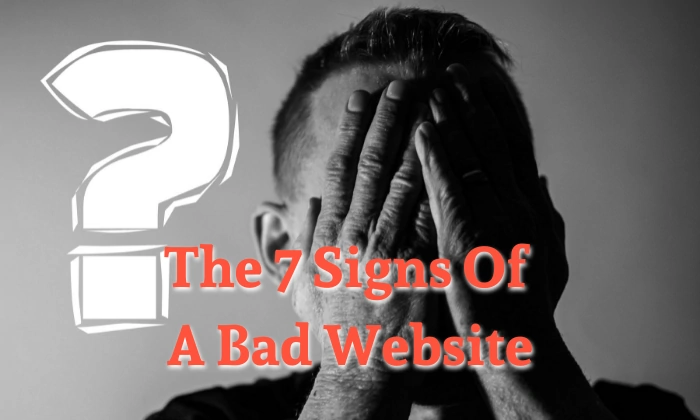Digital marketing has indeed become the primary focus of so many businesses around the world — Big or small, everyone wants in.
There are plenty of good reasons to justify this. From the most logical ones like super-targeted ads to the uncontrollable desire to achieve fame and become rich.
It’s crazy out there. But beautifully crazy.
It’s true that the internet has changed the game forever, and that the digital landscape has grown to become part of our lives. Directly and indirectly, the internet has reached each one of us.
But, can someone really say that print marketing is dead?
Print marketing is very much still alive.
I started my journey as a copywriter and quickly moved into all things digital. Instant results and detailed metrics are awesome things to experiment with.
You can see what works and what doesn’t — and fix it within hours.
You can compile enough data to optimize your ad strategy without even spending $1,000 on a single test!
It’s amazing. But it makes no sense to me that some people really think print marketing is dead.
Print is not dead; it’s just not the new shiny toy anymore.
There are still areas where print overpowers digital
A Hint: It has to do with people’s emotions.
It’s all part of the psychology of marketing. And it’s simple math too.
Digital = Instant Results
Print = Long-lasting Results
Quoting TIME Magazine, “You Now Have a Shorter Attention Span Than a Goldfish”
8 seconds, according to a Microsoft study.
While you can attribute that short attention span to the digital landscape and say that print and digital are meant to reach different audiences, the reality is that print holds an edge here.
There is no shortage of evidence that shows how print wins the emotional war (and the fight for people’s attention).
Print still provides a much higher level of impact
While it might not be your main focus, print media will hold people’s attention longer. This means building more meaningful and long-lasting connections with consumers.
Print marketing is mentally stimulating.
Do you think print marketing is less relevant or equally relevant?


